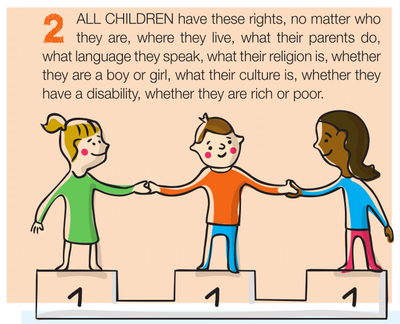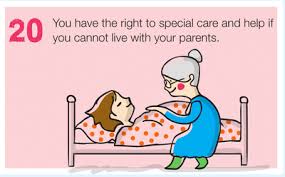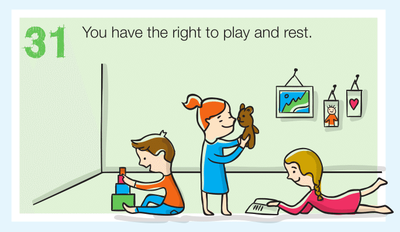Minister of Social Development Anne Tolley leads a New Zealand delegation to Geneva this week to report on the nation’s children and whether their rights are being upheld.
UNICEF New Zealand Executive Director Vivien Maidaborn is also in Geneva as part of the delegation and said the child rights’ agency welcomed Minister Tolley’s attendance.
“We support the Minister’s leadership and direct involvement in closing the gap between the Convention on the Rights of the Child and New Zealand’s patchy progress to achieve these rights, especially for Māori children.”
“Previous reviews by the UN Committee on the Rights of the Child (UNCRC) have been extremely critical of successive governments’ progress for children.”
Ms Maidaborn went on to say this was the fifth such review from the UNCRC but only the first time a minister had led the delegation.
Non-government agencies such as UNICEF NZ, Action for Children and Youth Aotearoa are also in Geneva for the review, alongside Judge Andrew Becroft, the Children’s Commissioner.
Ms Maidaborn said that alternative reports, written by community agencies and independent advisors, ensure the UNCRC committee can ask the right questions about government’s activities.
“It’s vital that non-government agencies are in the room to monitor what government tells the UNCRC. The transparency of the process couldn’t be more vital, both for New Zealanders back home and the international community at large.”
Save the Children, UNICEF NZ and ACYA recently supported young New Zealanders to make their views on child rights known. This resulted in a report published this week entitled Our Voices, Our Rights which will also inform questions UNCRC ask the New Zealand government in the exam.
The UNCROC Monitoring Group have felt that in the past only minimal effort has been made by government to consult with children. These consultations were often adult-led, based around specific policy purposes and didn’t include versions that were child friendly.
UNICEF New Zealand Child Rights Advocate Dr Prudence Stone said 1198 children from all around the country participated in the initiative and some of the findings were alarming.
“Thirty-eight per cent of children who participated didn’t know what their rights were. Only four children knew it was actually their right to know, and that government was responsible for ensuring they had this knowledge.”
(To read more of this article, please follow the link below…)
http://www.cid.org.nz/news/un-to-examine-new-zealands-approach-to-child-rights/

















